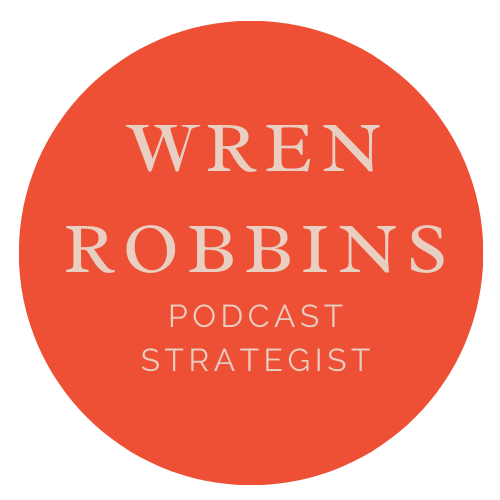When Abby Turner’s oldest child was in 4th grade, his teachers suggested they screen him for ADHD. In the middle of doing the assessment, they realized that their 2-yr-old daughter actually scored higher on the scale.
Thus, their adventure began.
Abby talks about the unique specifics regarding their children’s characteristics, and what fueled her current calling to encourage and support parents of children with ADHD, using both Biblical and psychological tools.
Milton-Hershey School
This is a residential school in Hershey, PA that serves underprivileged kids. For many years, the Turners served as weekend house parents, making dinner and helping the kids with their homework and chores. These children were coming from a place of trauma and the Turners often struggled with comforting and caring for them. It was a challenging time, but Abby looks back now to see how faithful God was in providing for, supporting, and preparing them through that timel
The script was flipped
Typically, boys are diagnosed with Hyperactive and Impulsive type ADHD, which is characterized by hyperactivity, while girls are more-often diagnosed with Inattentive type ADHD. In our conversation, she talks about the typical and stereotypical behaviors connected to each type, and how her children’s diagnoses were exceptions.
Assessment requires that behaviors have to interrupt two primary areas of life, so pediatricians usually ask about both school life and home life. Some of the more obvious signs are disorganization, constantly losing things, slipping grades, and teachers commenting that the child often isn’t paying attention. (It’s important to note that the hyperactivity people look for is not always found in behavior, but inside the brain, which may be operating a mile a minute.) This is a terrific article that digs a little deeper into the diagnosis.
How do you process your child’s diagnosis as a parent?
Abby shared the stages of grief that she and her husband went through after their children’s diagnosis was established: denial, depression, anger, bargaining, and acceptance (not necessarily in that order). The process is not always linear, orderly, or makes any logical sense. If you find that you’re angry at God, too, be comforted in knowing that that is often part of the healing process, and God can truly handle it...
If you suspect your child has ADHD
If your child is in a public school, the first step is to speak to a counselor, because they can do all the assessments during the school day.
If your child is in a private school without a counselor on staff, you may need to go through your pediatrician.
If you’re still struggling, look for a psychologist that deals with ADHD for further assessment.
How do you recharge as a parent?
Self-care is crucial. After all, God commands us to rest. Abby recommends the book Sacred Rest (insert Amazon link here), by Dr. Saundra Dalton-Smith, who describes the 7 types of rest we all need: physical, mental, emotional, spiritual, social, sensory, and creative.
What else can we do? Build restful rhythms into our life. Meditate on God’s Word, Get out in nature. Get exercise. Get out with friends and see people.
May the Lord cause you to flourish, both you and your children. Psalm 115:14
Listen to our conversation below.
Listen to my interview with Dr. Saundra Dalton-Smith here.
Connect with Abby:
Ultimate ADHD Resource Guide: https://mailchi.mp/flourishingfamilycoaching/ultimate-adhd-resource-list
Website: www.flourishingfamilycoaching.com
Private Facebook Group: https://www.facebook.com/groups/1093106097887108/
Abigail is a wife, mom, writer, and Certified Christian Life Coach with a Master's degree in Marriage and Family Therapy. She’s counseled couples, individuals, kids and families through some pretty tough stuff. More significantly, she has walked this journey with my husband, two biological kids and around 30 disadvantaged boys for whom we were Relief House Parents at the Milton Hershey School for six years. She gets it. Marriage is hard. Family is hard. ADHD makes it exponentially more difficult. But God’s Word is alive and active (Heb. 4:12) and will show us how to flourish in an increasingly fractured world.

